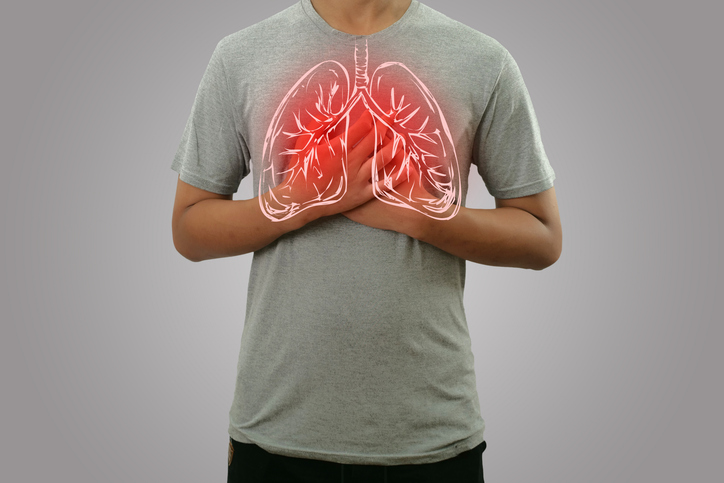
The U.S. Food and Drug Administration (FDA) has approved a new drug, Arikayce (amikacin liposome inhalation suspension), as part of a combination antibacterial drug regimen to treat adult patients with Mycobacterium avium complex (MAC) lung disease who have not responded to conventional treatment.
MAC is a type of nontuberculous mycobacteria (NTM) that is spread through water, soil, and dust particles. It primarily affects people with compromised immune systems when the bacteria are inhaled or ingested. Symptoms may include fever, sweating, weight loss, fatigue, diarrhea, shortness of breath, abdominal pain, and anemia.
The @US_FDA has approved amikacin liposome inhalation suspension (Arikayce) for the treatment of #lungdisease caused by #MycobacteriumAviumComplex (MAC).
READ: https://t.co/AlRfaEGJYX pic.twitter.com/0N44AAUfas
— Rare Disease Report (@RareDR) October 1, 2018
Biotechnology company Insmed Inc manufactures the drug.
Arikayce is the first medication approved under the Limited Population Pathway for Antibacterial and Antifungal Drugs (LPAD Pathway), which may approve certain drugs after smaller, shorter, or fewer clinical trials in order to treat life-threatening illnesses in a limited population of patients whose needs have not been met by other alternatives.
Insmed follows a new pathway at the FDA for antibacterials, winning quick OK for Arikayce https://t.co/XE2EOY1kMx https://t.co/HTA6IsoHwv pic.twitter.com/dhtHTWamYW
— Dr Timos Papagatsias (@_timos_) October 1, 2018
Arikayce is inhaled through a nebulizer. It was tested in a randomized, controlled clinical trial that included two groups: one that received Arikayce plus a background multi-drug antibacterial regimen, and one that received a background multi-drug antibacterial regimen alone. After six months, 29% of Arikayce patients had three consecutive months with no mycobacteria growth in their sputum cultures compared to 9% in the group not receiving Arikayce. It was also approved under the Accelerated Approval pathway.
Interesting, both in terms of Arikayce (which we @ukcfpg @ecfpg have been waiting on) and in terms of the FDA process regarding antimicrobials https://t.co/vGLoHiGSeJ
— Patrick Wilson 💙 (@patrickiwilson) September 29, 2018
Arikayce comes with a warning for an increased risk in respiratory conditions including hypersensitivity pneumonitis (inflamed lungs), bronchospasm (tightening of the airway), exacerbation of underlying lung disease and hemoptysis (spitting up blood) that have led to hospitalizations in some cases. Other side effects may include dysphonia (difficulty speaking), cough, ototoxicity (damaged hearing), upper airway irritation, musculoskeletal pain, fatigue, diarrhea and nausea.







 © 2025 Mashup Media, LLC, a Formedics Property. All Rights Reserved.
© 2025 Mashup Media, LLC, a Formedics Property. All Rights Reserved.